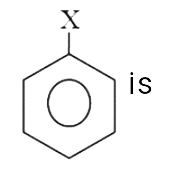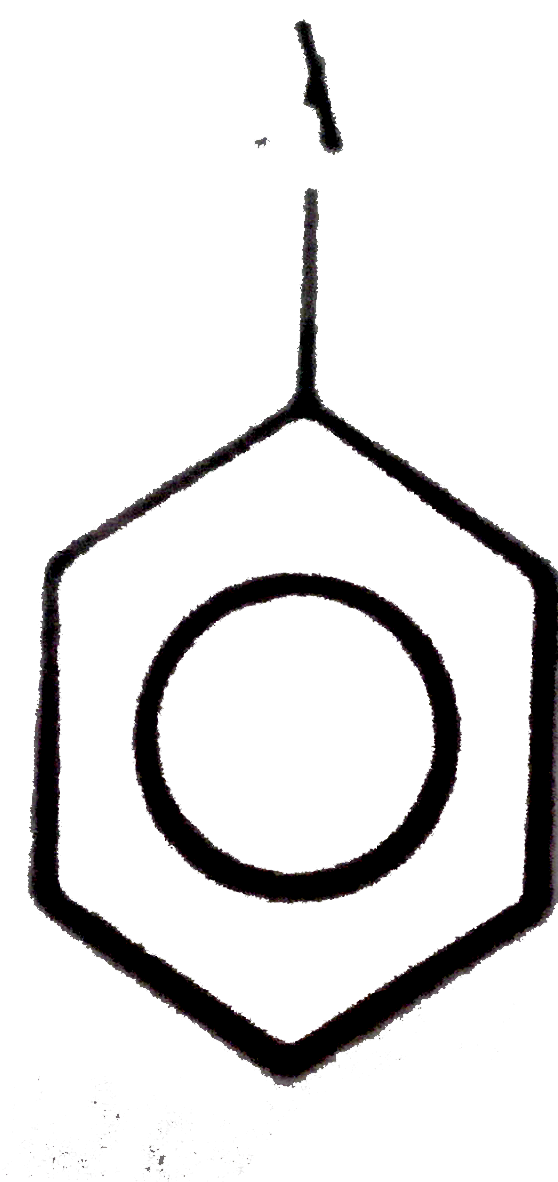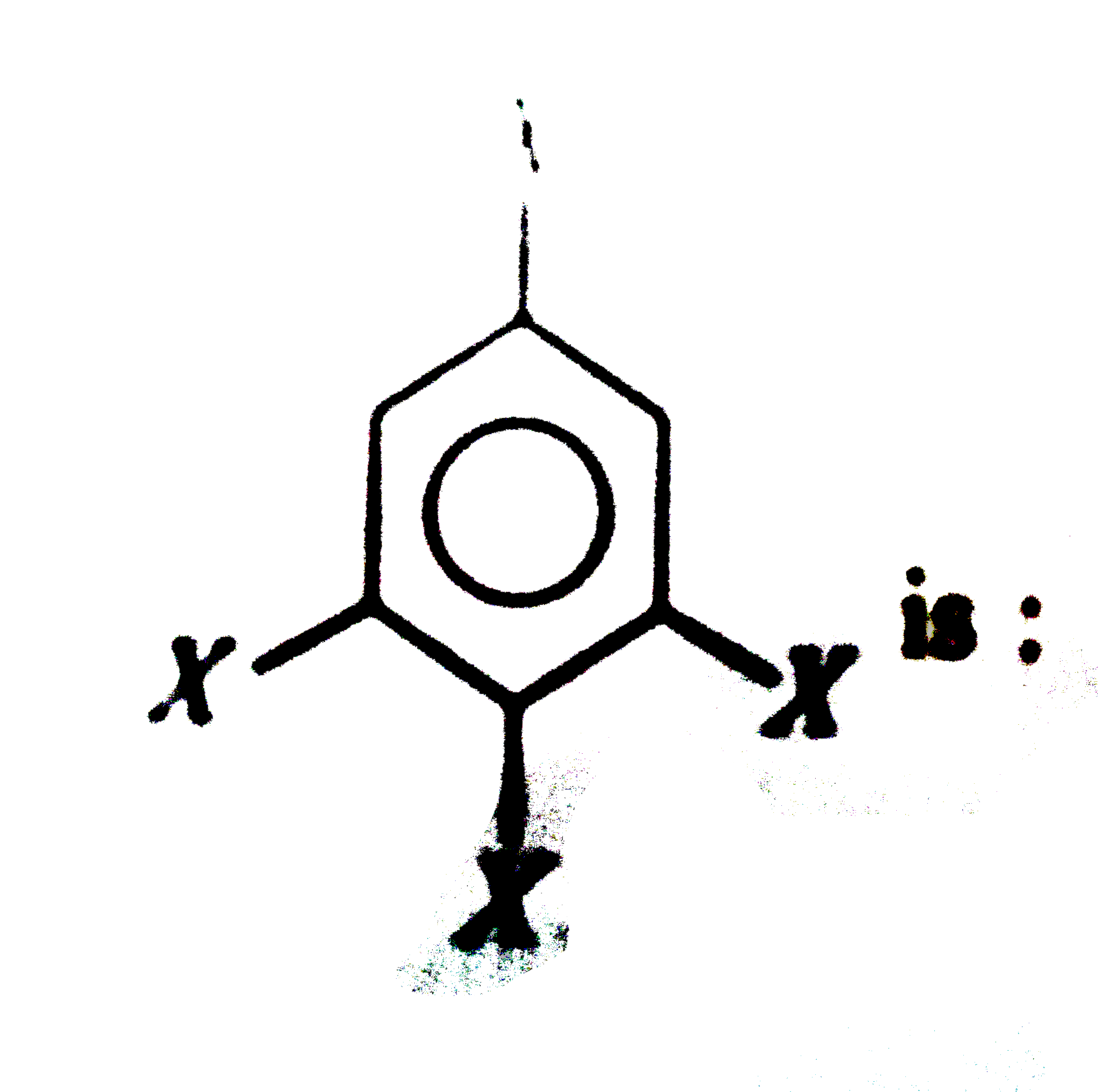Statement 1 : All molecules with polar bonds may not have dipole moments
Statement 2 : Dipole moment is a vectot quantity and bond dipoles may cancel out.
(A) Statement-1 is True , Statement-2 is True , Statement-2 is a correct explanation for Statement-6
(B) Statement-1 is True , Statement-2 is True , Statement-2 is NOT a correct explanation for Statement-6
(C) Statement-1 is True , Statement-2 is False
(D) Statement-1 is False , Statement-2 is True
The correct Answer is:D
To analyze the statements provided in the question, we will break down the concepts of polar bonds, dipole moments, and how they relate to each other.
1. Understanding Polar Bonds:
- A polar bond occurs when there is a significant difference in electronegativity between two atoms in a bond. The more electronegative atom attracts the shared electrons more strongly, creating a dipole moment (a separation of charge).
- Example: In a bond between boron (B) and fluorine (F), fluorine is more electronegative than boron, making the B-F bond polar.
Hint: Recall that electronegativity differences lead to polar bonds.
2. Defining Dipole Moment:
- The dipole moment is a measure of the separation of positive and negative charges in a molecule. It is a vector quantity, meaning it has both magnitude and direction.
- The overall dipole moment of a molecule depends on the vector sum of all individual bond dipoles.
Hint: Remember that dipole moments are vectors and can be added or canceled based on their directions.
3. Analyzing Statement 1:
- Statement 1 claims that "All molecules with polar bonds may not have dipole moments." This is true because if the individual bond dipoles in a molecule cancel each other out due to their arrangement, the molecule can have no net dipole moment.
- Example: In the molecule BF3 (boron trifluoride), although each B-F bond is polar, the symmetrical trigonal planar shape causes the dipole moments to cancel out, resulting in a net dipole moment of zero.
Hint: Consider molecular geometry when determining if dipole moments cancel.
4. Analyzing Statement 2:
- Statement 2 states that "Dipole moment is a vector quantity and bond dipoles may cancel out." This is also true, as it explains how the vector nature of dipole moments allows for cancellation.
- In BF3, the bond dipoles point towards the fluorine atoms, but due to symmetry, they cancel each other out, leading to a zero dipole moment.
Hint: Visualize the arrangement of atoms and the direction of dipole moments to understand cancellation.
5. Conclusion:
- Both statements are true. Statement 2 provides a correct explanation for Statement 1. Therefore, the correct answer is that both statements are true, and Statement 2 is the correct explanation for Statement 1.
Final Answer: Both statements are true, and Statement 2 is the correct explanation for Statement 1.
- A polar bond occurs when there is a significant difference in electronegativity between two atoms in a bond. The more electronegative atom attracts the shared electrons more strongly, creating a dipole moment (a separation of charge).
- Example: In a bond between boron (B) and fluorine (F), fluorine is more electronegative than boron, making the B-F bond polar.
- The dipole moment is a measure of the separation of positive and negative charges in a molecule. It is a vector quantity, meaning it has both magnitude and direction.
- The overall dipole moment of a molecule depends on the vector sum of all individual bond dipoles.
- Statement 1 claims that "All molecules with polar bonds may not have dipole moments." This is true because if the individual bond dipoles in a molecule cancel each other out due to their arrangement, the molecule can have no net dipole moment.
- Example: In the molecule BF3 (boron trifluoride), although each B-F bond is polar, the symmetrical trigonal planar shape causes the dipole moments to cancel out, resulting in a net dipole moment of zero.
- Statement 2 states that "Dipole moment is a vector quantity and bond dipoles may cancel out." This is also true, as it explains how the vector nature of dipole moments allows for cancellation.
- In BF3, the bond dipoles point towards the fluorine atoms, but due to symmetry, they cancel each other out, leading to a zero dipole moment.
- Both statements are true. Statement 2 provides a correct explanation for Statement 1. Therefore, the correct answer is that both statements are true, and Statement 2 is the correct explanation for Statement 1.
Topper's Solved these Questions
- CHEMICAL BONDING AND MOLECULAR STRUCTURE BOOK - AAKASH INSTITUTE ENGLISHCHAPTER - CHEMICAL BONDING AND MOLECULAR STRUCTURE EXERCISE - Assignment Section -F (Matrix- Match Type Questions)
4 Videos
- CHEMICAL BONDING AND MOLECULAR STRUCTURE BOOK - AAKASH INSTITUTE ENGLISHCHAPTER - CHEMICAL BONDING AND MOLECULAR STRUCTURE EXERCISE - Assignment Section - G (Interger Answer Type Questions)
8 Videos
- CHEMICAL BONDING AND MOLECULAR STRUCTURE BOOK - AAKASH INSTITUTE ENGLISHCHAPTER - CHEMICAL BONDING AND MOLECULAR STRUCTURE EXERCISE - Assignment Section - D (Linked Comprehension Type Questions)
12 Videos
- BIOMOLECULESBOOK - AAKASH INSTITUTE ENGLISHCHAPTER - BIOMOLECULESEXERCISE - EXERCISE (ASSIGNMENT) SECTION - D Assertion - Reason Type Questions
5 Videos
- CHEMICAL KINETICSBOOK - AAKASH INSTITUTE ENGLISHCHAPTER - CHEMICAL KINETICSEXERCISE - ASSIGNMENT (SECTION D : Assertion - Reason Type Questions)
15 Videos
Similar Questions
Knowledge Check
The molecule which does not exhibit net dipole moment is
ANH3BCHCl3CH2ODCCl4
Assertion : All diatomic molecules with polar bond have dipole moment.
Reason : Dipole moment is a vector quantity.
View SolutionAssertion : All diatomic molecules with polar bond have dipole moment.
Reason : Dipole moment is a vector quantity.
View SolutionCorrect statement about dipole moment is :-
View Solutiondipole moment is a ............ quantity.
View SolutionThe dipole moment of
 is 1.5 D.
is 1.5 D.
The dipole moment of is
is
View SolutionDipole moment of
 is 1.5D. The dipole moment of
is 1.5D. The dipole moment of

View SolutionWhich of the following molecules will have polar bonds but zero dipole moment ?
View Solution
